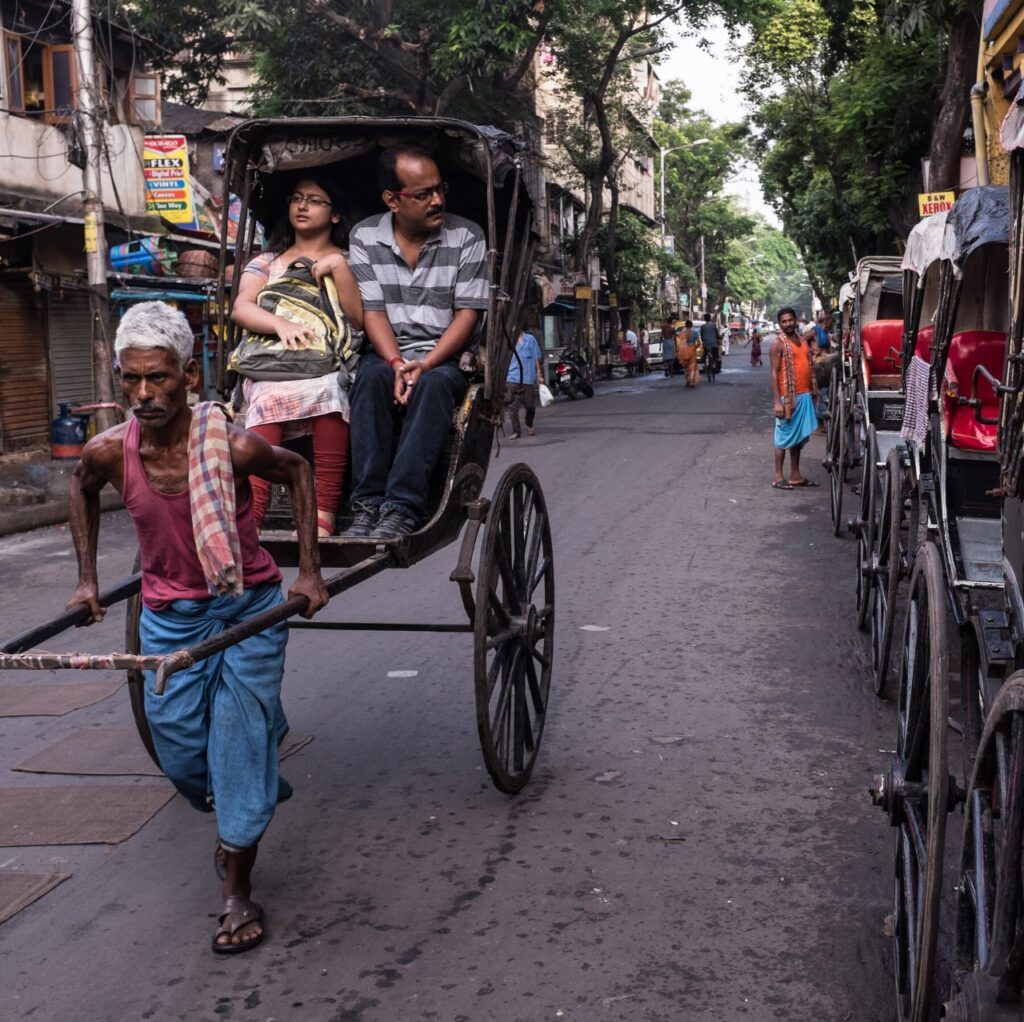Supreme Court Orders End to Hand-Pulled Rickshaws in Matheran, Calls Practice “Inhuman”
By Amit Kumar

In a landmark ruling aimed at upholding human dignity and constitutional values, the Supreme Court
has ordered a complete phase-out of hand-pulled rickshaws in Matheran, a hill station in
Maharashtra, calling the practice “inhuman” and incompatible with the fundamental rights
guaranteed by the Constitution.
A bench led by Chief Justice B.R. Gavai, along with Justices K. Vinod Chandran and N.V. Anjaria, issued
the directive on Wednesday, stating that the continuation of such practices, nearly eight decades
after India’s independence, undermines the principle of human dignity.
Taking a firm stand, the Court remarked, “Permitting such a practice, which is against the basic
concept of human dignity in a country like India, which is a developing country, belittles the
constitutional promises of social and economic justice.”
The judgment came during hearings on the implementation of a pilot e-rickshaw initiative in
Matheran, first approved in May 2022 under the longstanding T.N. Godavarman Thirumulpad forest
conservation case. The Court had previously allowed a small number of e-rickshaws to be introduced
in the eco-sensitive zone, strictly to be operated by displaced hand-cart pullers.
In its latest ruling, the Court called out the “unfortunate” persistence of the colonial-era practice.
Referring to its 1980 judgment in Azad Rickshaw Pullers Union, the bench observed that even 45
years later, the situation in Matheran remains unchanged. It lamented, “The practice of a human
being pulling another human being is still prevalent in the town of Matheran.”
The Court made clear that the practice not only contradicts the promises enshrined in the Indian
Constitution but also amounts to a form of economic and social exploitation.“The question that we
ask ourselves is whether this practice is alive to the constitutional promise of social and economic
equality and social and economic justice. The answer will, unfortunately, have to be in the
negative,” it said.
In support of its reasoning, the bench cited its earlier ruling in People of India for Democratic Rights
v. Union of India, which interpreted non-payment of minimum wages during the 1982 Asian Games
as a violation under Article 23 of the Constitution, qualifying as “forced labour.” Drawing parallels,
